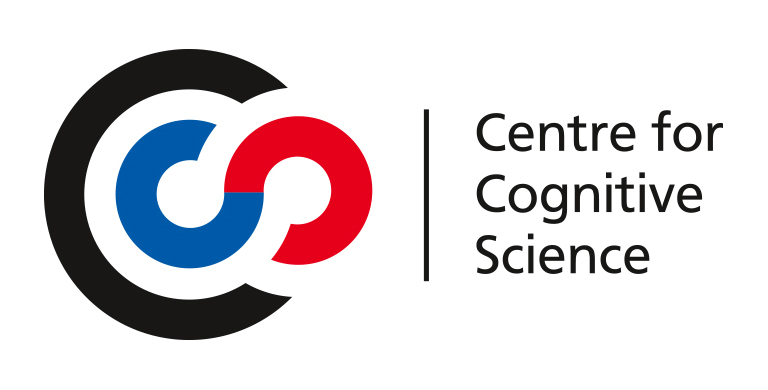Computational Mechanisms of Human Sensorimotor Adaptation
Speaker: David Franklin, Technical University of Munich
2025/02/05 15:20-17:00
Location: Building S1|15 Room 133
Abstract:
The human sensorimotor control system has exceptional abilities to perform skillful action despite ever changing conditions. My laboratory primarily examines how this adaptability arises through intrinsic mechanisms in two different ways: sensory feedback driving feedforward adaptation; and feedforward adaptation in turn adapting the feedback responses and tuning them to the environment. I will start by discussing why motor control is a hard problem to solve before introducing some of our studies examining the computational mechanisms that the sensorimotor control system uses to deal with these problems. In the first part of my talk, I will examine how sensorimotor signals are used to develop motor memories of novel dynamics. I will present some of our recent research outlining the computational framework and representation of these motor memories. However, learning can also be used to adjust intrinsic feedback control. The second half of my talk will focus on a few of our recent studies examining feedback responses; demonstrating how they are modulated for control and showing similarities with feedforward control. Finally, I will present some of our recent approaches testing a model of Bayesian inference to explain the sense of agency.


